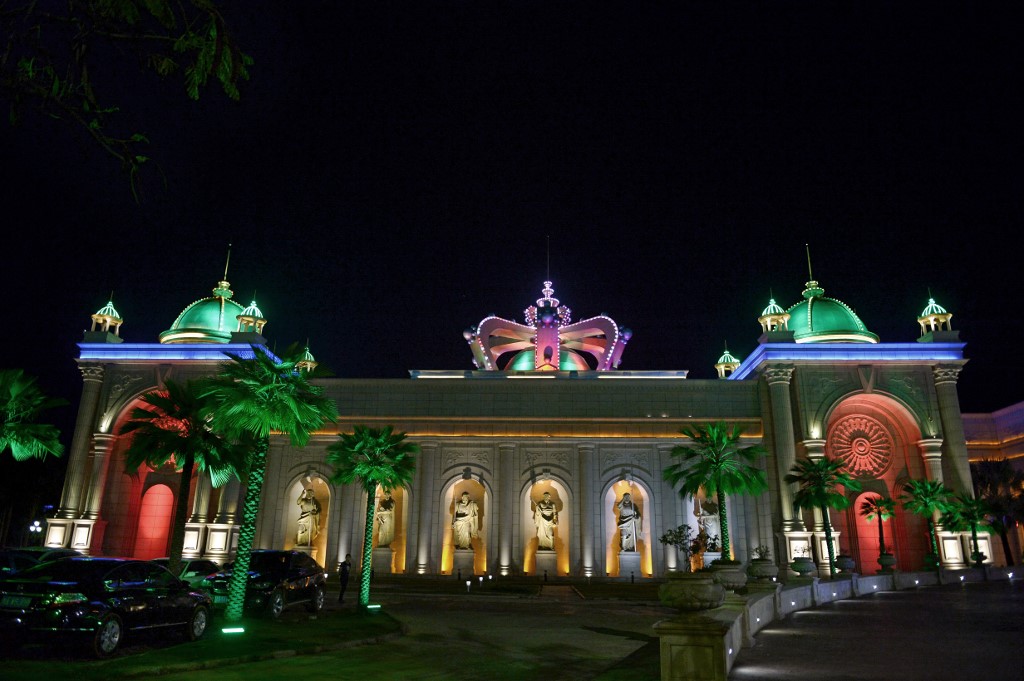
Once the preserve of Myanmar’s rebel-held borderlands and a few permitted Myeik islands, casinos are now coming to the country’s heartlands with the enactment of a new law this week.
The 2018 Gambling Law allows casinos serving foreigners only to operate countrywide; meanwhile Myanmar nationals face up to five years in prison for throwing the dice.
Replacing 1986 legislation that imposed a blanket ban on gambling, the new law is a means of boosting tourism and tax revenues, said Mingaladon MP U Aung Hlaing Win.
“The law came into effect a few days ago,” said the parliamentarian, who nudged the lower house to consider legalising casinos in early 2018. “Last week the Union Parliament accepted minor changes from the president and approved it.”
Thailand now stands as the only Southeast Asian nation not to have legalised casinos, but Aung Hlaing Win admitted it could be years before a legal gambling house opens in Myanmar.
“We need a lot of by-laws and changes in the coming years to make it work,” he told Myanmar Mix. “The achievement is that the government changed its philosophical stance to now allowing foreigners here to participate in gambling.”
Under the new law, Myanmar nationals will be allowed to work at casinos, though it is unclear whether they will be allowed to enter as visitors.
Local people who violate the new law face from six months to five years in prison along with fines of up to 1 million kyats (US$648)—penalties that Aung Hlaing Win describes as “a little severe.”
In fact, the politician believes Myanmar nationals should be allowed to gamble.
“We should have the same rights [as foreigners],” he said. “When the draft came to parliament, I tried to change it. But we have a very pessimistic view about gambling in Myanmar.”
It may take “a decade or more” to sway government and public opinion on gambling, he added.
Illicit gambling dens are common throughout Myanmar and casinos operate outside of Union law in the Wa and Kokang self-administered zones and in areas held by non-state militia. The government also has ad-hoc arrangements with casinos in the Myeik Archipelago near Thailand.
Commenting on the change of legislation, casino bosses told Frontier magazine they had much to gain from their gambling halls being brought into the legal fold.
Aung Hlaing Win explained that any existing casinos would need to apply for a license under the new law to operate legally.
Many observers have welcomed the 2018 Gambling Law, including William Greenlee, Myanmar managing director for law firm DFDL.
He said the law would increase employment—encompassing higher paying professional gaming jobs, boost tourism and local economies, and swell government tax income.
“While the intention of the legislation is positive as it makes way for regulated casino business, the stipulations/rules and regulations have not been published yet,” he told Myanmar Mix via email.
“The legislation makes way for casino business, however the rules and regulations which we hope will be published would actually determine how far the legislation goes in living up to its already well-received expectations.”

